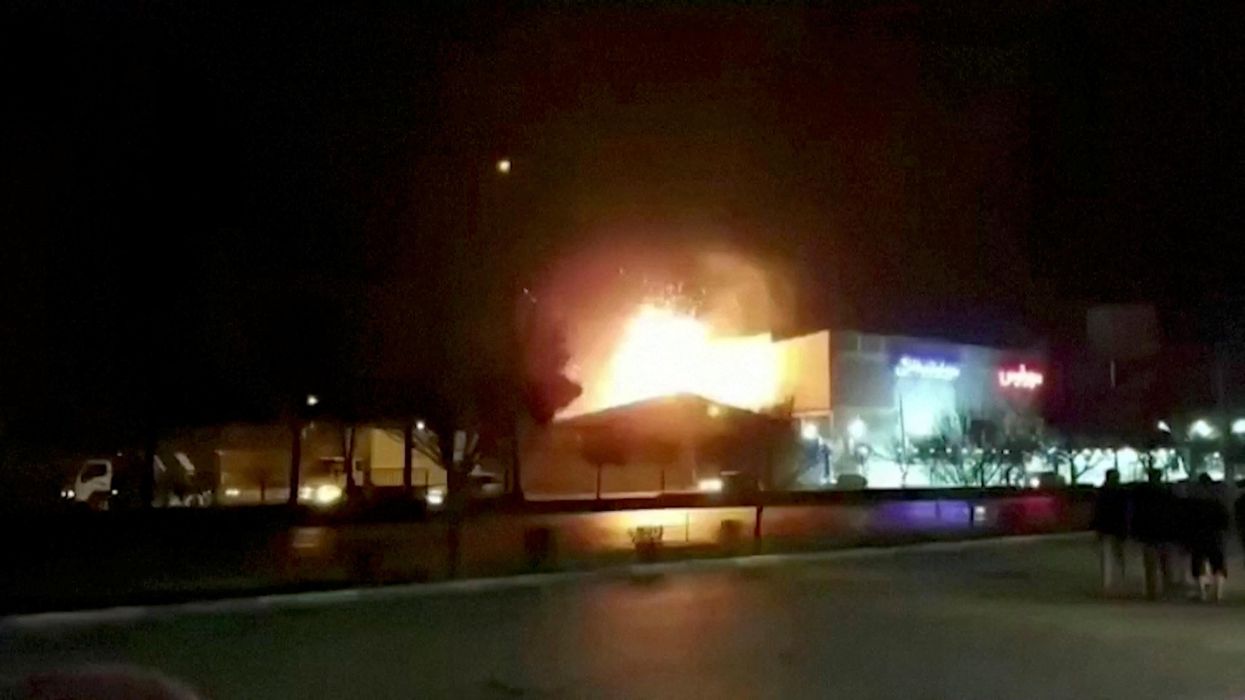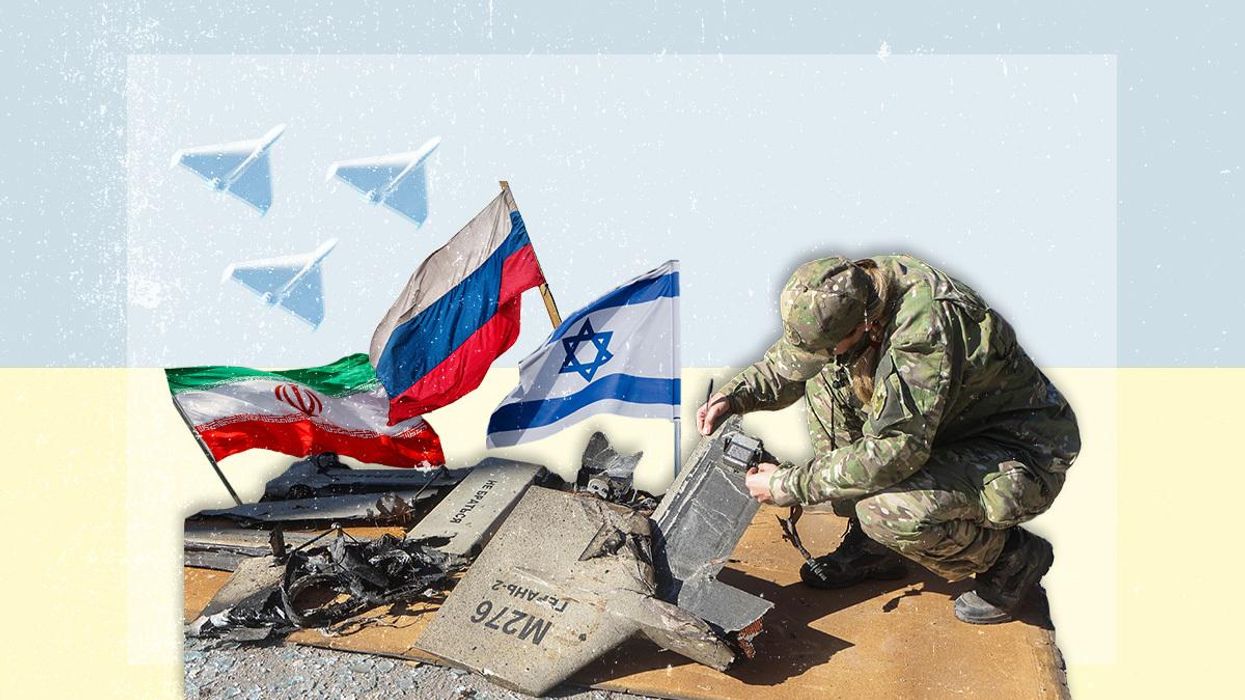popular
What We're Watching: Iran weapons depot targeted, fierce battles in eastern Ukraine, Czechs back pro-EU president, McCarthy-Biden debt limit meeting
Iranian weapons depot targeted, fierce battles in eastern Ukraine, Czechs back pro-EU president
Jan 29, 2023


